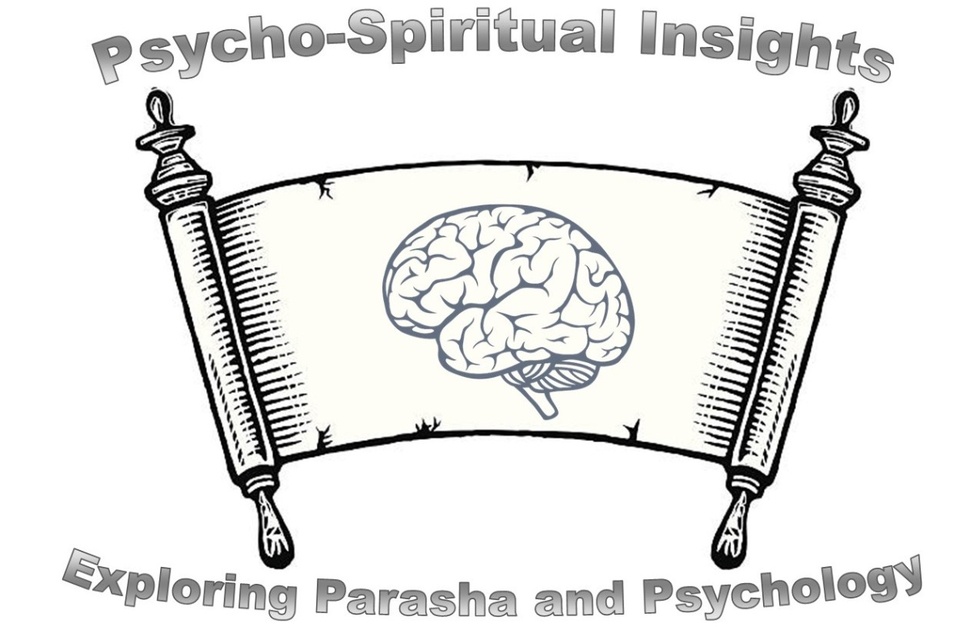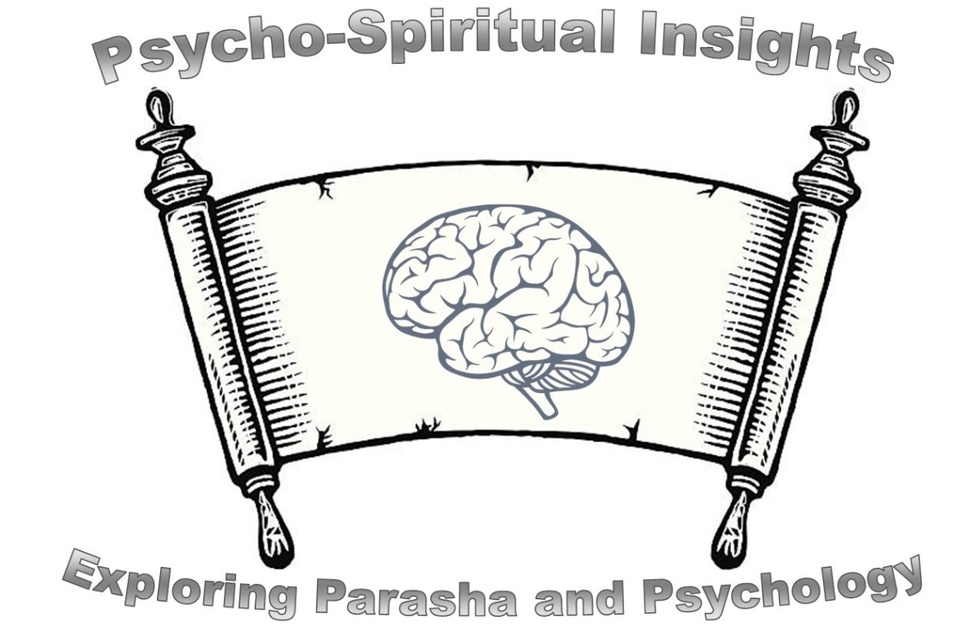
In Parshat Emor, we encounter various commandments regarding sanctification, sacrifices and observance of the holidays. However, one of the seminal tenants of Judaism and morality is also presented, the mitzvah of not desecrating the name of Hashem. Through the lens of the psychological concept of moral identity fusion, we are provided a meaningful opportunity to explore this mitzvah, better known as Kiddush Hashem.
Moral identify fusion is the notion that individuals integrate their personal identity with a group’s higher moral values, leading to a deeper and more meaningful connection with a greater purpose. This concept has become popularized in modern psychology as the explanation of costly self-sacrifice for a greater good. Individuals with high levels of this skill lead more productive, less distressed, and more meaningful lives.
In this week’s parsha the passuk states. “…do not desecrate My holy name. And I shall be sanctified in the midst of the children of Israel. I am Hashem who sanctifies you.” (Vayikra 22:33). This passuk provides us the commandment for the sanctification of Hashem’s name through our words, Kiddush Hashem. However, Chazal tell us that Kiddush Hashem goes beyond mere words but towards our actions and how we behave. The Gemara in Yoma 86a tells us that we must “make the name of Hashem beloved to others though us.” Kiddush Hashem, the sanctification of God's name, is exemplified when individuals uphold moral principles even in challenging circumstances.
Recent research suggests that self-sacrifice such holding a moral stance, when money could be made, when your values are tested, or when no one else is watching stems from high levels of religious moral identity fusion. Taking this mitzvah to its most extreme is the idea of dying for Kiddush Hashem. Holding so true to our moral values of connectedness with Hashem that we are willing to complete the ultimate self-sacrifice.
Rabbi Lord Jonathan Sacks writes in his Ten Paths to Hashem, “When we behave in such a way as to evoke admiration for Judaism as a faith and a way of life, which is a Kiddush Hashem, a sanctification of God’s name. When we do the opposite – when we betray that faith and way of life, causing people to have contempt for the God of Israel – that is a chilul Hashem, a desecration of God’s name.” Our religious moral identity fusion provides a shining light of Judaism to the world.
Three tips to increase religious moral identity fusion:
- Integrity in Actions: Act with honesty, kindness, and fairness in all interactions, demonstrating ethical conduct that reflects positively on your community and faith.
- Positive Representation: Be mindful of how your words and actions reflect on your Jews, striving to be a positive ambassador for Hashem.
- Live by Example: Lead a life that embodies the moral values and principles of the Torah, serving as a role model for others and fostering a sense of moral identity fusion.
As we reflect on this week’s parsha, we are reminded of the power of moral identity fusion and the significance of acting in accordance with our shared values. Each of us has the opportunity to contribute to Kiddush Hashem by aligning our actions with the principles of righteousness and integrity, thereby strengthening our bond with the divine and enhancing the moral fabric of society.
Elan Javanfard, M.A., L.M.F.T. is a Consulting Psychotherapist focused on behavioral health redesign, a Professor of Psychology at Pepperdine University, & a lecturer related to Mindfulness, Evidence Based Practices, and Suicide Prevention. Elan is the author of Psycho-Spiritual Insights: Exploring Parasha & Psychology, weekly blog. He lives in Los Angeles Pico Robertson community with his wife and three children and can be reached at Elan.Javanfard@gmail.com.
 Previous
Previous

